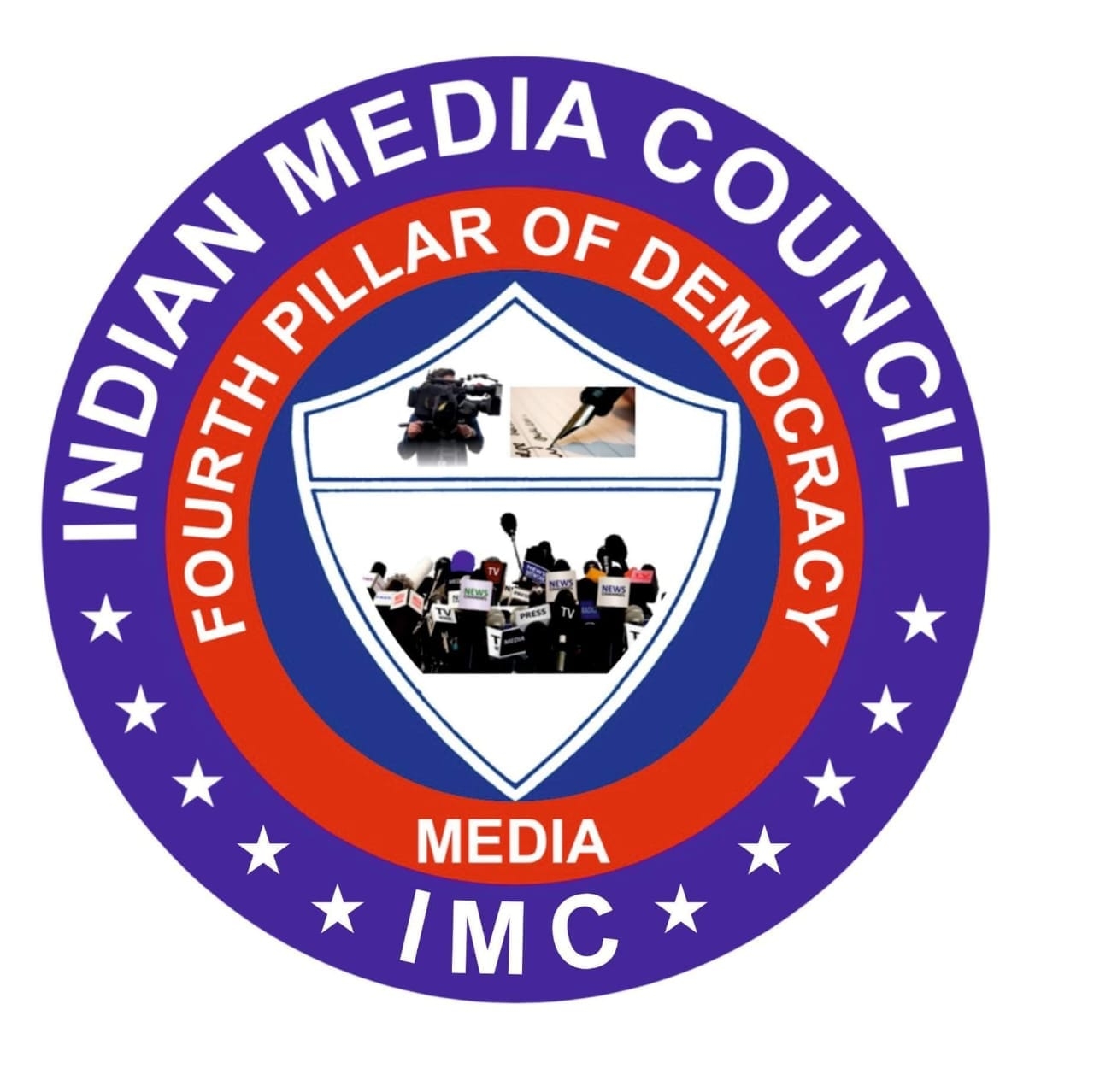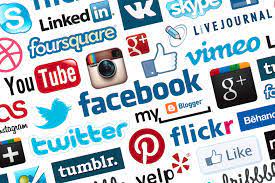The Freedom of Speech and its impact on Media :Freedom of speech is defined as the right of a person to express thoughts, ideas, and personal opinions through a desired media without any restrictions unless the restriction is necessary such as where exercising the right infringes upon the rights of others or where national security is at threat.
Advocacy for freedom of speech has taken centuries of soldiering on in the background of repression by authoritarian regimes, culminating in the UN General Assembly adoption of the ‘Universal Declaration of Human Rights (UDHR) in 1948.
Mass Media and the Freedom of Speech
Freedom of speech is one of the basic human rights commonly contained in international human rights documents. Also referred to as freedom of expression, it is an important element of a democratic society. Precisely, the other side to freedom of expression is the freedom to information, which makes it possible for people to make informed decisions about their lives. The Freedom of Speech as a human right carries with it responsibility and is therefore exercised within certain restrictions enforceable through Mass Media.
Freedom of speech can be defined as the right of a person to express thoughts, ideas, and personal opinions through a desired media without any restrictions unless the restriction is necessary such as where exercising the right infringes upon the rights of others or where national security is at threat.
Today, social media is used by almost everyone in the world be it one form or the other. Social media is any digital tool, which allows users to create and share any content with the public. Social media surrounds a wide range of other websites and applications.
Anyone having access to the internet can sign up for a social media account and can use that account to share and post any content and this content reaches anyone who visits their account/profile/page.
Social media is used by individuals to stay in touch with friends and family, for social shopping networks, for sharing economy networks while it is used by businesses as a market to grow and expand their business and also to promote and sell their products. Some of the social media platforms used are Facebook, LinkedIn, Twitter, Pinterest, and Wikipedia.
Social media has not just confined its wings to sharing information and pictures, earlier predicted a basis of one-way communication, social media has now become a platform of sharing thoughts, ideas, and reviews thus exercising freedom of speech to the amplest.
It’s a free platform where people find ownership. They speak on their own behalf without anyone guiding them and keeping an eye on what they have to filter while expressing. It is marked to be the widest source of the original expression of speech amongst people not confining to any particular age group.
Everybody needs a platform where he needs to express him/her and which is the fundamental right of every citizen in India in which he has the right to express oneself. Today Internet and social media have become important communication tools through which individuals can exercise their right to freedom of speech and expression and exchange ideas and information with each other. However, freedom of speech and expression does not confer a right on the citizens the right to speak or publish anything and everything without responsibility. It is not an un-braided license giving immunity for every possible use of language and preventing punishment for those who abuse this freedom.
The legislature has the power to enact laws under Right to Freedom of Speech and Expression to impose restrictions on the following grounds:
- Sovereignty and Integrity of India
- Defamation
- National Security
- Public Order
- Decency
- Friendly relations with foreign states.
In today’s world where the internet aid social media play a major role in almost everyone’s life, access to this medium has also been recognized as a fundamental human right. The state is under a constitutional obligation to ensure conditions in which all citizens can meaningfully and effectively enjoy these rights and to also prevent dominance by a few over others. In India, there is no specific legislation, which deals with social media. However, there are certain provisions in the so-called cyber laws that can be used to seek redressal in case of any violation of any rights in social media including cyberspace and the internet. In the Muzzafar Nagar Riots, thorough investigations, it was revealed that hate content circulated on social media has sparked communal clashes. For almost half a dozen communal clashes in India, it was proved that the reason was the contents posted on social media. The present cyber laws in India are neither appropriate nor adequate in this respect. Though social media is the best platform to express yourself freely and without any fear but the content that you put on the blog or post any video or photo stays on the internet forever and can be accessible by anyone and everyone, there needs to be regulation on the social media as well. In the past few years’ social media has played an outstanding role and a suitable place for people moving towards the concept of equality, justice, and accountability of the powerful people, social media and the internet are the key sources through which there is the transmission of ideas from one place to the other, an excellent opportunity for the people who want to make others aware of their rights and duties through a digital platform. Even the freedom of speech and expression is recognized by the United Nations Human Rights Council, which holds communication and the internet in high esteem and also provides practical applicability of the right of speech and expression through the medium of altered media channels.
CONCLUSION
Social Media is a very powerful source of expressing the feeling of agitation, happiness, and various other human emotions but there should be control over everything and everything has to be done in a regulated manner, Since the past few years, there has been a constant increase in the ill utilization of the social media which has given the government to regulate social media where it can censor all the illegal acts. In both directions there need to be a stoppage on the objectionable and illegal content which is being uploaded on the internet and also there can be a violation of the civil rights of people as an inevitable consequence of censorship. The current IT laws are inadequate and insufficient to cope with the dynamic changes around the globe, therefore there should be a midway of solving things there should be regulation of social media in such a way that it does not violate the fundamental right of the citizens what is desirable is a specific regulation which regulates social media. The need of the hour is that the government should form a regulatory committee specifically for this purpose and frame laws that seem to be fulfilling in the respect of regulating social media and our freedom of speech and expression.
On seeing the present scenario, we can say that yes, social media has been a provider of a platform for people to express and present emotions like rage, grief, opinions, and feelings. It not only has made citizens more woke and informed but has even helped in shaping the government according to the needs of the public. As there is a bane so is a boon, social media has been blamed at points for forging identities, cyberbullying, intolerant opinions, and even on moral grounds such as slut-shaming, fat-shaming. There are few provisions that guide the control of social media in terms of speech and expression but no formal legislation that contributes towards it. In conclusion, it is a gift if used as a means of expression, knowledge, and presentation and may turn it way upside down if used otherwise.
Pragathi Upadhyay
Internship Trainee

